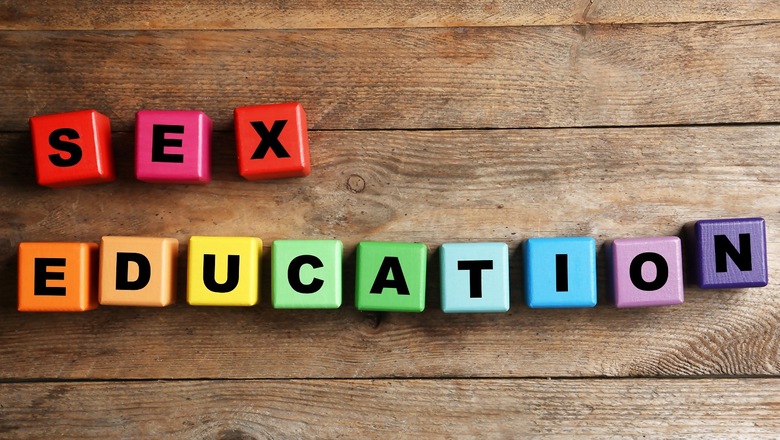
views
The world is observing the Annual Sexual and Reproductive Health Awareness Day on February 12. While the lack of awareness in this context is a global issue, the problem is quite persistent and deeply ingrained in India. Evidence suggests the adolescent population of the country goes through several sexual and reproductive health (SRH) issues. Early marriages, unsafe pregnancies, reproductive infections, poor nutritional conditions are some of them. Although in India talking about SRH in itself is a taboo, pilot projects and programmes conducted for young adults have proved that timely and effective intervention can bring a positive change.
Data tells the Story
More than half of the total population in India is under 25. Over the past one decade, many public and private organisations have undertaken multiple studies to analyse SRH issues among young people in India. The data is not surprising. According to a survey done by Guttmacher Institute, New York in 2019, more than 75 per cent of abortions among adolescents in India are unsafe, posing an increased risk of complications and death. The country ranks third in terms of number of HIV patients. This data from several studies indicates that our teenagers’ health is at risk.
Societal Taboo a Challenge
One of the main reasons why Indian teenagers as well as adults still have low SRH awareness is because the word “sex” is considered a taboo. It is difficult for individuals to hold a conversation about anything related to sex/sexual health. This ignorance and negligence can be seen in how we do not have a single coordinated nationwide sex education programme. Education starts at home. However, majority of Indian parents fail to communicate effectively with their children about sexual and reproductive health. As a result, children seek knowledge from other sources, which could be incorrect or misleading. Conversations about gender, menstrual hygiene, safe pregnancy, contraception, and family planning can build a more aware and educated society.
Status of Sex Education in India
Sexual and reproductive health concerns need to be addressed before it is too late. And, the right way to do that is by exposing teenagers to appropriate and timely sex education. Various studies have shown that sex education not only helps in improving one’s SRH but also teaches children about consent, body image and responsible sexual behaviour.
After home, a child spends majority of her time in school. Therefore, learning about biological, psychological and sociocultural aspects of sexual and reproductive health should start in schools. Their inclusion in curriculum has been met with resistance from a section of parents, teachers and few political parties. However, four years ago, the SRH curriculum was made mandatory for secondary classes under ‘School Health Programme’. The initiative and the content must be applauded, but the implementation still needs a lot of work. There are no rules governing the number of classes taken under this programme and no records have been maintained either. Lack of data will make it difficult to investigate and analyse the programme’s effectiveness.
Having defined the need for sex education in school curriculum, its importance is not limited to schools. Out-of-school awareness should be raised through initiatives such as community programmes, village talks, public service announcements, street plays etc. Civil society organisations, government agencies and CSR teams can all play a significant part in this.
Successful Interventions in India
Various local programmes (both in and out of school) have been launched in India since early 2000s, with an emphasis on young people’s sexual and reproductive health needs and rights. These campaigns have attempted not only to raise awareness among adolescents, but also improve their access to counseling services and address their nutritional needs. Currently, in addition to official bodies, various non-governmental organisations are striving to raise awareness about SRH. The interventions are carried out in local language, which makes them more impactful.
The Adolescence Education Programme (AEP) in India, coordinated by NCERT in collaboration with the Ministry of Education (MoE) and the United Nations Population Fund (UNFPA), has been attempting to build awareness among students in government and government-aided schools. The programme is monitored at the district, state and national level, and the indicators reveal that teenagers are becoming more aware of substance abuse, such as smoking and drinking, as well as anxiety, depression and suicide.
Voluntary Health Association of India, a non-profit based out of New Delhi, in collaboration with the Dutch Alliance, ran a programme to sensitise and make people aware about their sexual and reproductive health. The programme ran in two low-performing districts in Odisha from 2011-2015 as both in-school and out-of-school activities. The programme led to decline in unawareness about contraceptives among married couples (from 40 per cent to 30 per cent). Further, following four years of sensitisation and comprehensive sexual health education in school and college curricula, there was an increase in family planning interventions by 80 per cent.
What India Must Do Now
Poor sexual and reproductive health among adolescents and young adults is a major public health concern in India. The absence of right information is part of the problem, and timely and effective sex education in schools and outside schools has become need of the hour. Although India has some policies and sex education programmes in place, their implementation and tracking their progress is a grey area.
India needs a national strategy to fight unsafe sexual practices and their consequences. If we want our population to be healthy, we need them to be aware of basic biological functions of reproduction at the right age. We need to go beyond the bare minimum of ‘good touch, bad touch’ as sex education. Apart from programmes in schools, we must have clinics dedicated to adolescents at primary health care centres and district hospitals.
India continues to struggle with archaic social structures and systems. These systems affect the health of millions of adolescents. To sustain a healthy population in the long-term, continued awareness and counseling services have become essential.
Mahek Nankani is Assistant Programme at The Takshashila Institution. The views expressed in this article are those of the authors and do not represent the stand of this publication.
Read all the Latest Opinions here












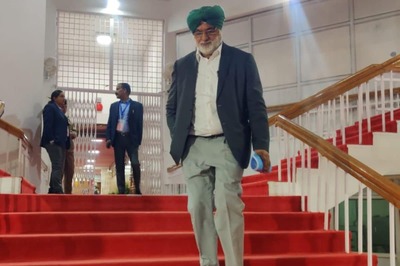
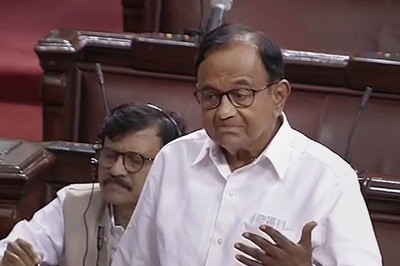
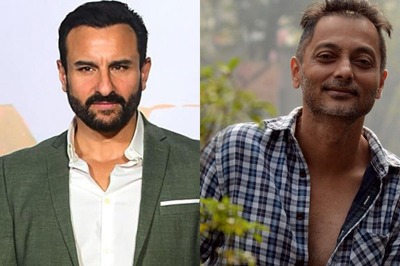


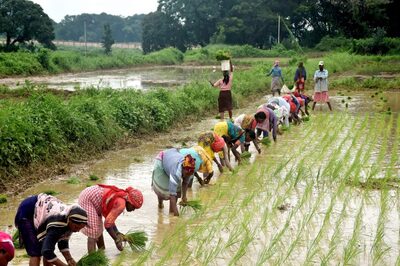
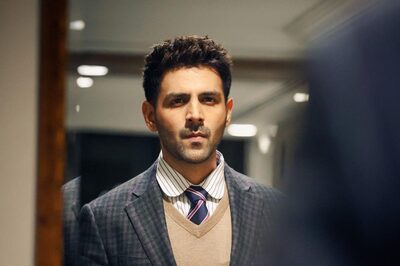

Comments
0 comment